3 Key Details to Know about the Global Shipping Disruption
Since the onset of the COVID-19 pandemic, the global supply chain has changed rapidly, affecting various suppliers and buyers. Here are three major changes to keep an eye out for.
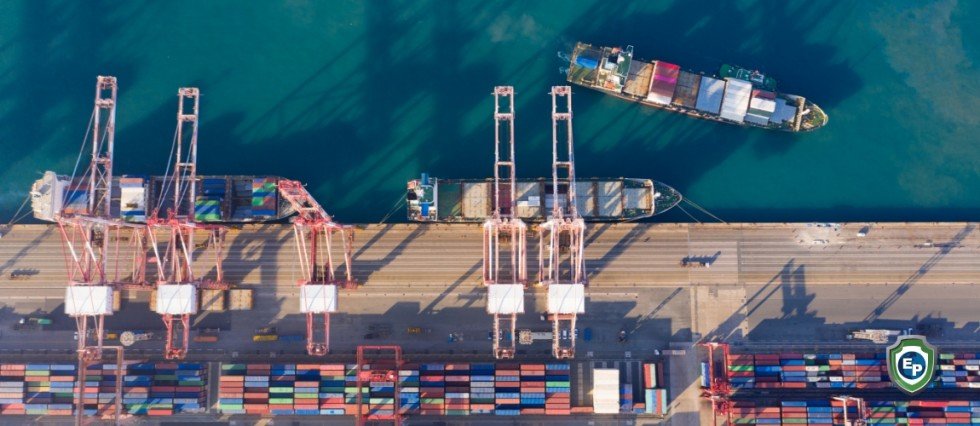
Two years into the pandemic, the global supply chain is still shaky. Every day, we hear about clogged ports, misplaced cargo containers, skyrocketing freight costs, and other issues that cause inconvenience and defy simple solutions.
Here are three main ways the supply chain has changed in recent years:
Supply Chain Alternatives Have Become Commonplace
Companies that are not content with their online sales are purchasing e-commerce fulfillment operators. Retailers who are short on storage space are purchasing warehouses, shippers who cannot find containers are building their own, and companies unable to book with ocean carriers are chartering vessels. Amazon, Maersk, and CMA CGM are are all attempting to enter the air freight market. In terms of logistics, forwarding, and delivery, Maersk and CMA CGM appear to be in direct competition with Amazon and Alibaba.
Alterations in Purchaser-Supplier Relations
In certain industries, the breakdown of crucial supply chain linkages has led to new alliances and co-development partnerships between original equipment manufacturers (OEMs) and suppliers.
Concerned about the demise of semiconductors, Ford and General Motors have formed strategic alliances with chip manufacturers. More broadly, it is being acknowledged that resilience is impossible unless customers, suppliers, and other value chain participants are willing to collaborate and exchange data.
According to "Where's My Stuff?" by Reuters, corporations may share sensitive data with partners by building "cleanrooms" where collaborative teams can analyze without risk of leaking competitive secrets. Blockchain technology, which allows for secure, access-controlled data exchange, could benefit data sharing.
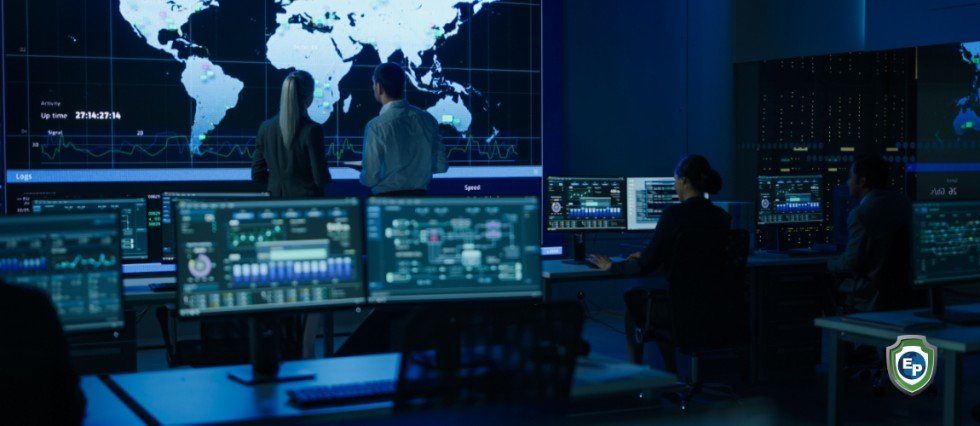
Business Continuity Prevails over Costs
Prior to the pandemic, supply chain process innovations, digitization, and investment were motivated by cost reduction and productivity enhancement. However, the extraordinary instability generated by COVID-19 has posed a threat to the competitive position – and perhaps the survival – of many enterprises that could no longer meet client expectations.
The existential crisis caused by the pandemic has compelled businesses to refocus their innovation and restructuring efforts on guaranteeing company continuity through the development of resilience and adaptability. McKinsey highlighted the vulnerabilities of firms by demonstrating how few had visibility beyond Tier 1 suppliers into their supplier networks.
Clorox is among the many businesses taking action. It is financing $500 million to enhance its digital capabilities, citing the need for real-time information and improved demand planning.
The supply chain bottleneck is expected to result in increased pricing for consumers. Additionally, shoppers should anticipate longer-than-usual shipping times and be ready with multiple gift choices, especially during the holidays.
Stay In the Loop with Export Portal
In the world of international trade, it’s vital to stay on top of current events. For more information on how countries are doing during the pandemic, make sure to check out the rest of our blogs!

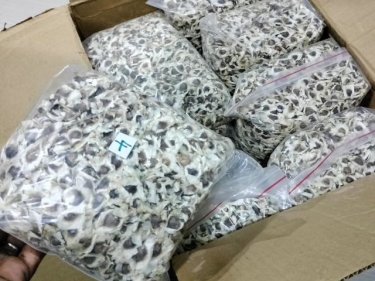
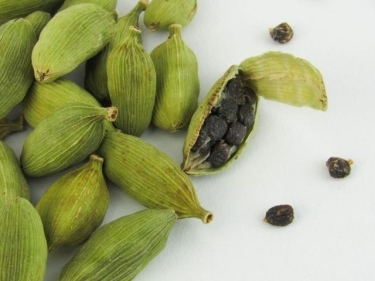

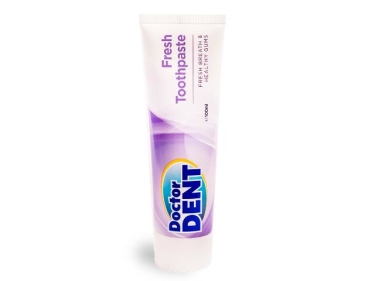

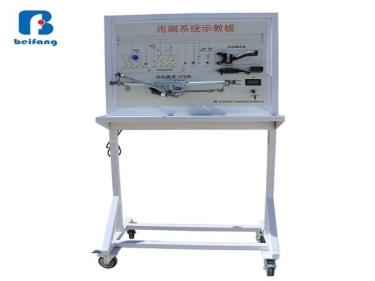




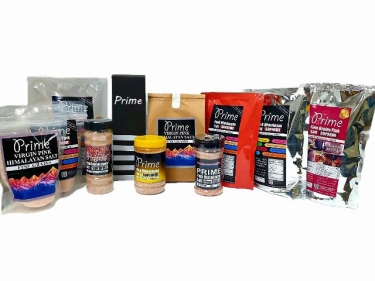






Comments 0